Britain & Ireland 1066-1509
The Normans are coming – and they stayed and now we all speak French – actually we don’t , so why not? Well find out about the impact of the last great invasion into England and how the subsequent relations with France result in the Hundred Years War. Or learn about the Magna Carta and wars of the Roses – but this section is not all about war!
Sort by:
Date (Newest first) | Title A-Z
Show:
All |
Articles |
Podcasts |
Multipage Articles
-
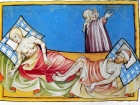
Period, place and mental space
ArticleClick to view -
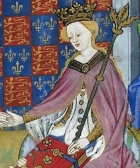
Podcast: Mad or Bad? Was Henry VI a tyrant?
ArticleClick to view -
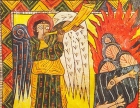
Podcast: Why Medieval History Matters?
ArticleClick to view -

Polychronicon 118: interpretations of Henry VII
ArticleClick to view -
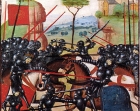
Polychronicon 148: The Wars of the Roses
ArticleClick to view -

Polychronicon 159: Interpreting Magna Carta
ArticleClick to view -

Popular revolt and the rise of early modern states
ArticleClick to view -

Power, authority and geography
ArticleClick to view -

Recorded webinar: The People of 1381
ArticleClick to view -
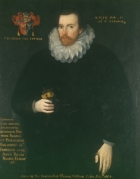
Reinventing the Charter: from Sir Edward Coke to 'freeborn John'
ArticleClick to view -
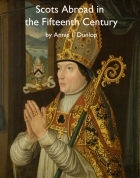
Scots Abroad in the Fifteenth Century
ArticleClick to view -

Teaching Medieval History Resources
ArticleClick to view -
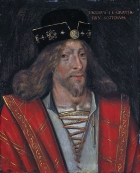
The English Captivity of James I, King of Scots
ArticleClick to view -
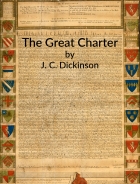
The Great Charter
ArticleClick to view -
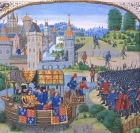
The Great Revolt of 1381
ArticleClick to view -
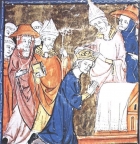
The Medieval Empire
ArticleClick to view -
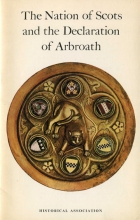
The Nation of the Scots and the Declaration of Arbroath
ArticleClick to view -

The Norman Conquest: why did it matter?
ArticleClick to view -

The Origins of Parliament
ArticleClick to view -
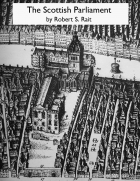
The Scottish Parliament by Robert S. Rait
ArticleClick to view

